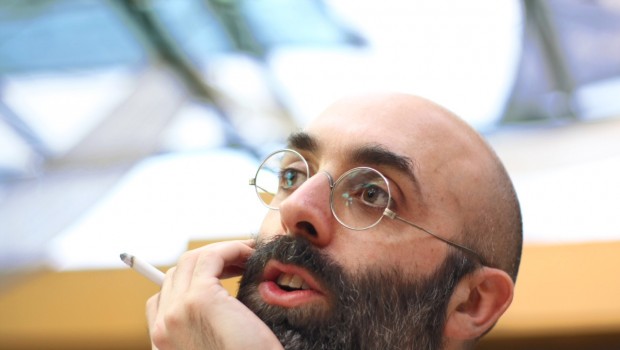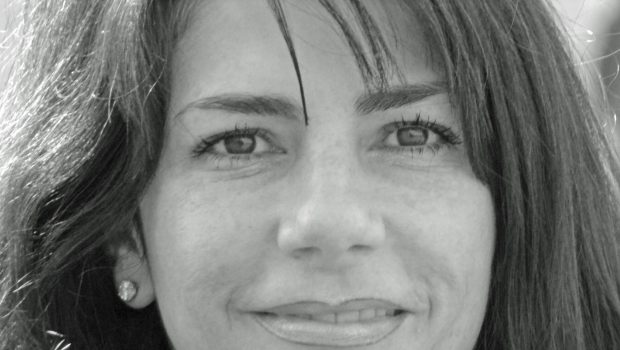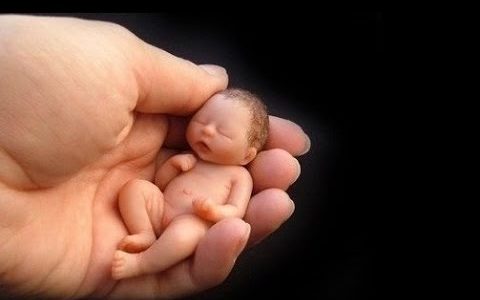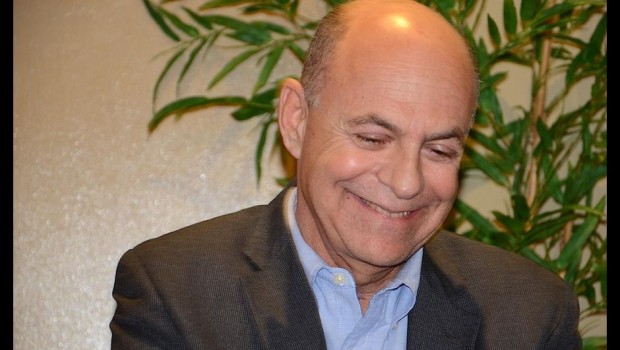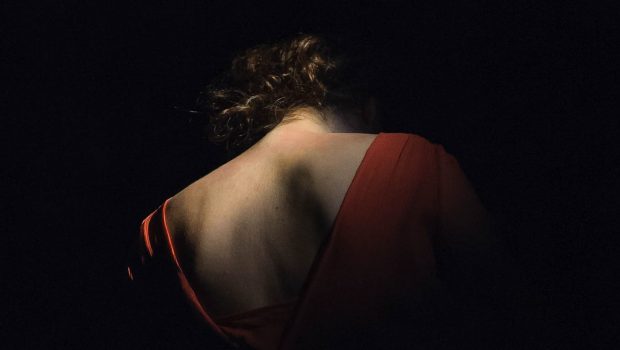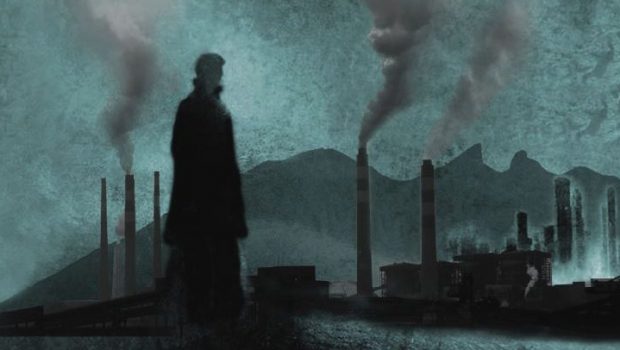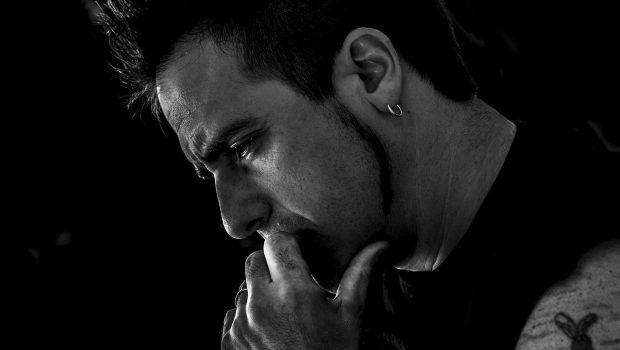Both Vignettes
Eduardo Halfon
The Sculptor
He grabbed a chunk of wet clay and while he worked it in his hands he told me that his mother had been an expert in slaughtering chickens.
“We had a barn, near Fraijanes.”
I walked over to the big metallic coffee machine, like those found in an offi ce. I poured myself some more. I remained staring at the plaster molds piled on a shelf.
“I don’t know why my mother had decided to breed chickens. I was very young. But I remember she started with ten or twelve chickens and a spotted rooster and in no time at all she had fi lled up the barn with chickens and was selling them everywhere.”
He was breaking off little pieces of clay and then sticking them to the sculpture as if they were little pieces of dirty gum.
“My brother and I would accompany her on weekends. The rooster was our mascot. We had to bathe it and feed it, supposedly, but always wary of his spurs. His name was Adam.”
He turned the sculpture, perhaps looking for a new angle or an incomplete detail.
“But what we liked most was to watch our mother slaughtering chickens.”
He became silent in the middle of the story. I also stayed silent, drinking my watered-down and bitter coffee and contemplating his struggle to give form to that deformed something.
“My mother would sit in her little wooden stool in the middle of a patio fi lled with chickens, and she’d start picking them up from the ground and putting them between her knees and she would then break their necks with one solitary crack of her fingers. Like that. Quickly. One after another.”
I watched his hands pressing the clay. I imagined his mother’s hands pressing the neck of a chicken.
“One day my father showed up.”
Again he dipped his hand in water. He shook-off the excess. He seemed to be caressing the sculpture with his wet fingers.
“He said that that wasn’t the way to do it, that he would show us how to kill a chicken. And after chasing it in the patio for a while, he finally caught a big white one.”
He kept caressing the clay, softly, almost tenderly.
“He placed the chicken on my mother’s wooden stool. The chicken was fluttering and shaking all over and I remember my father straining to keep it still. He tried to whack it on the neck with a machete. But the machete kind of bounced off and only split open the poor chicken’s vein and everything started fi lling up with red.”
His eyes were fi xed on one point of the sculpture that he was rubbing forcefully with his thumb.
“Then my father just let out a scream, cursed at my mother, and stormed off in a rage.”
He was holding the sculpture with both hands, a sculpture that might have been a man flying, or a naked woman on her knees, or a wild beast.
“My mother had to finish killing it.”
I watched how he washed his hands, how the water slowly turned a light shade of copper.
“The following week my father sold the barn.”
The Boy in the Red Shoes
The wind seemed to roar like a feline through the radio antennas and I thought I heard her say that in the seconds prior to a seizure she could see auras.
“Or I remember it that way, at least. It’s been years since I’ve had a seizure.”
We were bordering the cliff. The dry lava, down below, had the same creases and folds as a great black blanket. Ahead of us and jumping merrily, a boy in red shoes was guiding the way.
“Many epileptics have said the same thing.”
The boy was carrying some walking sticks that he insisted we purchase. He kept his machete well tucked away in his belt.
“That there are a few seconds of clarity.”
She was interrupted by the scandal of small green parrots. They had flown out of the branches of an oak. The boy vainly hurled at them one of the walking sticks, which landed near our feet.
“And in those seconds prior to a seizure one can see auras,” she continued, bending to pick up the walking stick.
We remained still. White gases were streaming from the crater. The roar of the wind appeared to increase. Suddenly we heard whispers, as if suffocated by that wind or as if pronounced from the midst of that wind. Toward us walked four kids.
“Your friends?” she asked the boy in the red shoes, but he only moved closer to her, in silence.
The four were in rags, with their hair all scraggly and their faces covered with a fi ne flour-colored dust. None of them was more than six or seven years old.
“Gimme your stick, lady.”
They were sucking orange halves and the opaque juice was dripping off their fingers and forearms.
“I can’t.”
“Gimme it, lady, don’t you be mean.”
“I said no, it’s not mine.”
She handed the walking stick to the boy in the red shoes and the kids eyed him with eyes of hatred.
“I hope a bus kills ya,” one of them blurted at him.
The rest snickered through their orange halves.
“Did ya hear me?”
The boy in the red shoes was staring at his red shoes.
“I hope a bus kills ya, I said.”
The four of them were still laughing and they started walking uphill on the path. They were already a little distance away when she took off after them and caught up and said something that I couldn’t quite hear through the sound of the wind. She walked back shaking the dust from her hands as if she was also shaking her hands free of the four kids.
“They had given him the evil eye,” she whispered while stroking the boy’s straight black hair. “I gave it back to them.”
Posted: April 18, 2012 at 9:40 pm


